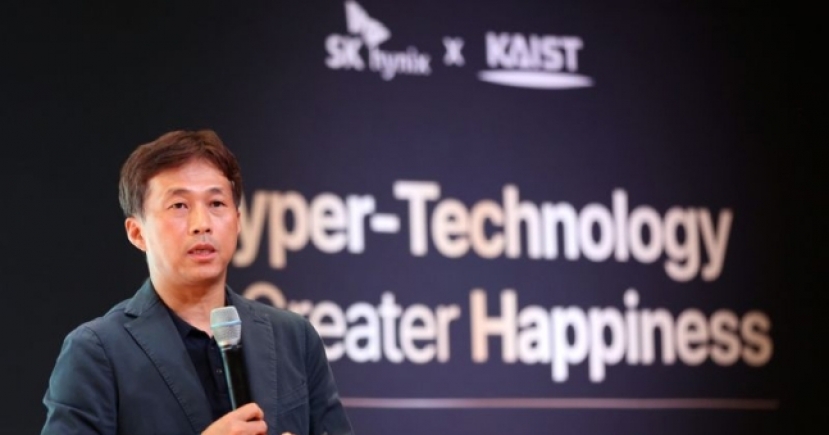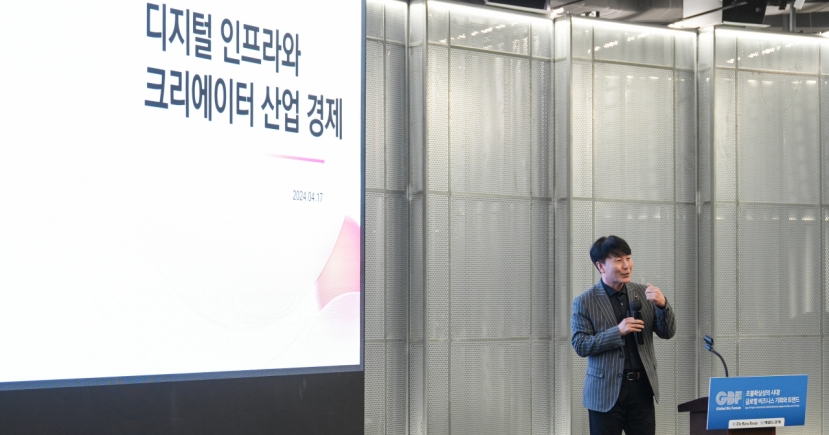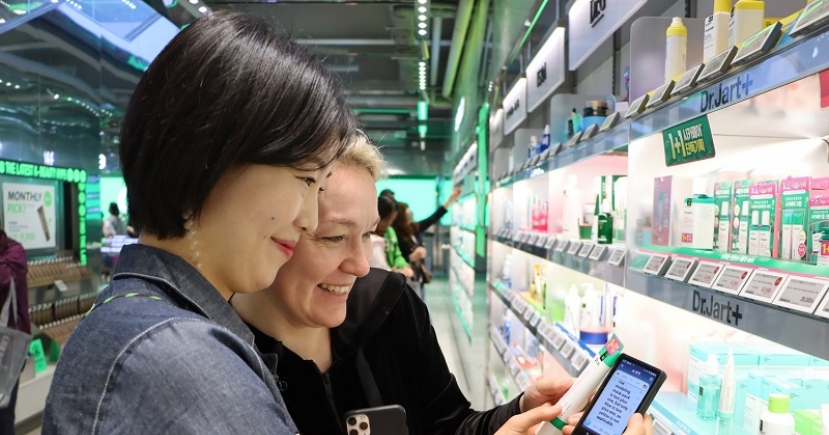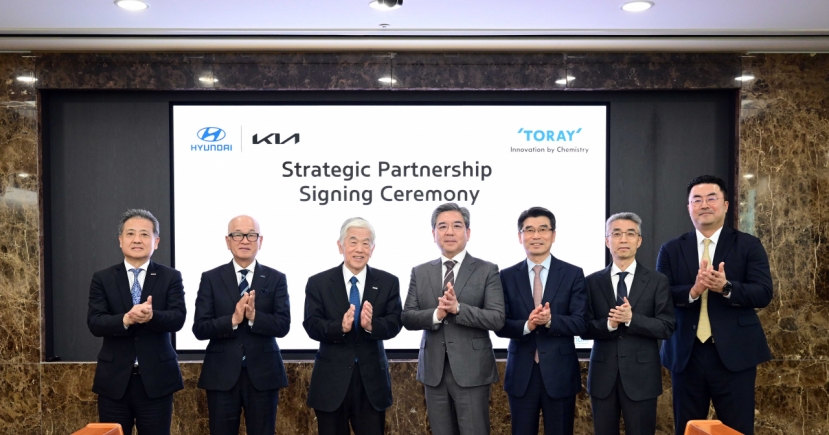Startups
[INTERVIEW] H2O CEO woos property investors to usher in future hospitality biz
For over a century, major hotel chains have kept growing bigger in part with their portfolio of upscale properties, rooms and amenities.
Their race to become flashier and more elegant was meant to appeal to high net worth individuals -- a key source of revenue in the hotel industry. But at the same time, such labor-intensive strategies raised the upkeep costs of high-end accommodations, sparking concerns about undermining the attraction to real estate investors.
The advance of technology is opening the doors to more sophisticated ways of profit management for hotel franchises, said John Lee, founder and CEO of South Korean-Japanese startup H2O Hospitality, in a recent interview with The Investor.
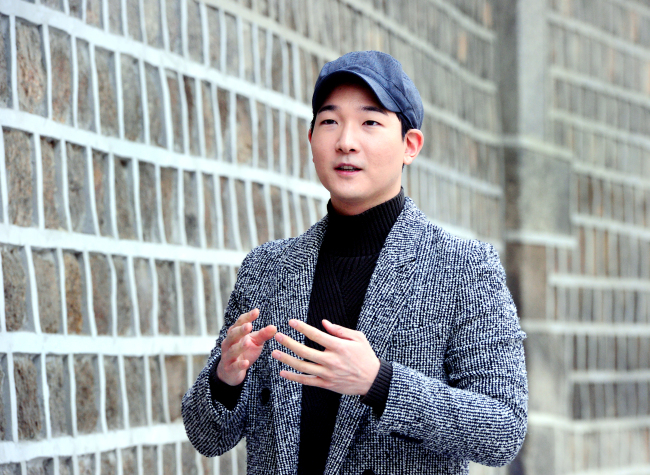 |
H2O Hospitality CEO John Lee (Park Hyun-koo/The Investor) |
“I think the essence of hotel administration comes from a promise of higher returns on investment to owners of the hotel real estate,” said the 30-year-old entrepreneur, listed in 30 Under 30 Asia 2018 by Forbes.
According to Lee, hotels and vacation rentals such as those found on Airbnb can make profit by cutting costs through outsourcing the hospitality management service ranging from housekeeping to master lease.
“There are ways to cut what hotels traditionally considered to be fixed costs,” he said. "But hotel chains may find it challenging to pursue cost-efficiency on their own, because outsourcing means upsetting the traditional hotel management structure.”
Once a hotel operator or its real estate owner is ready to adapt, H2O’s hospitality management service could be an alternative. It is operational in Japan, managing 1,500 accommodations in six cities including Tokyo and Osaka.
This is how H2O’s management system works. A hotel room or a vacation rental flat will be up for reservation online through its property management system, so that it appears on up to 18 online travel agencies simultaneously. When a customer books a room, a group of staff out of some 3,000 manpower will be assigned to the room to be in charge of cleaning, plumbing, linens and other maintenance, as well as security and safety.
“What I’m doing for business is the opposite of traditional management methods I learned in school,” said Lee, who studied hotel administration at Cornell University.
The hospitality management business is gaining steam in Japan, with the arrival of a legal framework to the domestic vacation rental industry there. In June 2018 a locally dubbed “new minpaku law” came into effect. Under it, only registered and licensed properties can be operated as vacation rentals so that neighborhoods and guests are safe.
Due to this effective ban on individual owner-managers of vacation rentals, H2O’s core client base shifted from the group of some 80,000 individual Airbnb operators to vacation rental real estate owners including Sekiwa Real Estate and e-commerce giant Rakuten’s subsidiary Rakuten Lifull Stay. H2O also launched an eponymous brand that master leases properties in March this year. Some 90 percent of H2O’s revenue comes from Japan, according to Lee.
Formerly an associate at Morgan Stanley Hong Kong for five years, he founded One Life One Technology -- a precursor to H2O Hospitality-- in Korea in 2015. The company launched its first flagship mobile app Wahome, a home-cleaning platform the same year.
H2O Hospitality took its current form after it acquired a Japanese offline housekeeping platform HouseCare in January 2017 and property management service provider Hospo Alliance in December the same year, in undisclosed deals.
While Japan is expected to see an upshot in inbound travelers on the cusp of Rugby World Cup this year, Summer Olympics next year and Expo in 2025, Lee said tourist growth triggered by such events will be just the start. He anticipated a further influx of Chinese tourists driven by the growing presence of low-cost carriers and the rising number of passport holders, adding lodging facilities in Japan are still insufficient.
“If we draw a circle around Paris with five-hour flight radius, there are some 100 million people outside the border, and about 85 percent hold passports. In the meantime, inside the same circle around Japan or Korea, there are some 1.8 billion people, and about 8 percent own passports,” he said.
During the interview, Lee hinted at business expansion in Southeast Asian countries like Thailand and Vietnam, on their growing inbound tourism industry. It also considers the Korean business expansion, as long as it removes uncertainties due to a void in the legal framework.
H2O has received an accumulated 12 billion won ($10.64 million) investment in 2015-2017. Investors in the startup include SparkLabs Global Ventures and 500Startups, among others.
By Son Ji-hyoung (consnow@heraldcorp.com)


